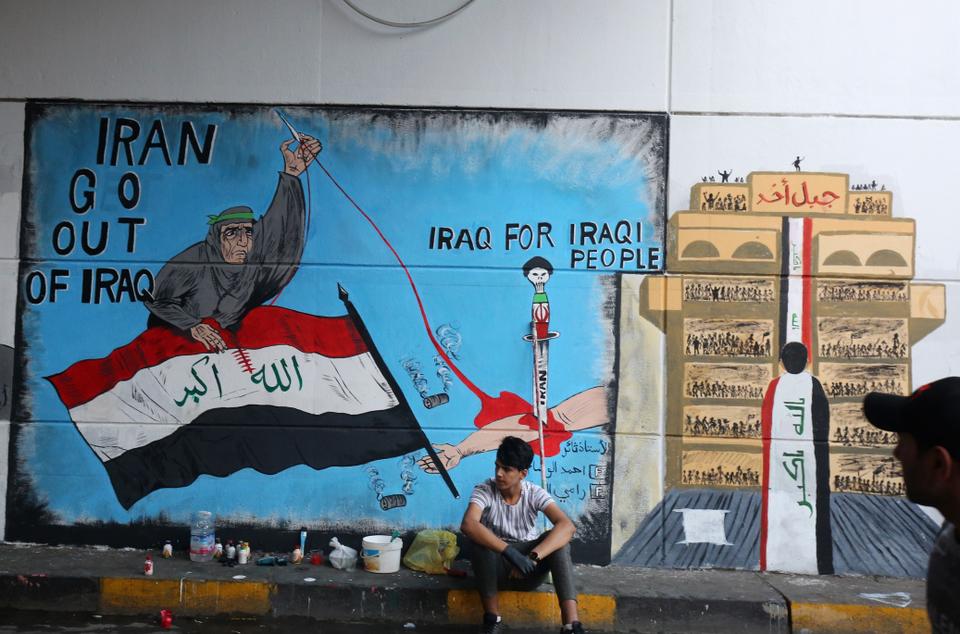Tue 07 January 2019:
Tehran’s main backers are Russia and China, but even though the two global powers condemn Soleimani’s assassination, they have shown little interest in picking a side if war breaks out between Iran and the US.
The assassination of towering Iranian General Qasem Suleimani, ordered by US President Donald Trump, has skyrocketed tensions between archrivals Tehran and Washington.
While Iran has intensified its rhetoric of revenge, the US has deployed additional troops to the Middle East, pushing the long-simmering US-Iran hostilities into uncharted waters and stoking concerns about a major military conflict between the two sides.
For Tehran’s main backers, Russia and China, it remains to be seen whether they will throw their weight behind Iran if ever war breaks out with the US. So far, the two global competitors of the US are treading cautiously, not showing any interest in getting involved in a new and unpredictable war in the Middle East.
Russia, an important ally of Iran in the Syrian war, warned that the assassination would bring “grave consequences for regional peace and stability” according to the statement from the Russian Foreign Ministry.
The statement said: “Such actions are not conducive to finding solutions to complex problems… in the Middle East.”
China’s statement was no different in tone.
“We urge the relevant sides, especially the United States, to remain calm and exercise restraint to avoid further escalating tensions,” said Geng Shuang, spokesman for the foreign ministry of China, a key ally of Iran.
For regional experts, the two statements suggest that Iran is on its own and can only depend on Shia militias and the proxies that its elite Quds Force cultivated for years while expanding its footprint in the Middle East.
“Iran is talking about a response, revenge, and not about initiating a war,” Abas Aslani, Senior Fellow at the Center for Middle East Strategic Studies in Tehran told the Wall Street Journal.
Aslani added: “I don’t think Iran expects Russia and China to start a war with the US on its behalf. The help they may offer to Iran is different: political support, support in some international institutions. Whether that can also be applicable to providing Iran with some equipment, that is the question.”

In this file photo from November 8, 2019, an Iraqi protester rests in front of a mural in Baghdad’s Tahrir Square as the Iraqi capital braces for another day of anti-government demonstrations. (Ahmad al Rubaye/AFP / Getty Images)
While the recent rise of anti-American sentiment in the region would give an operational space to Russia and China, the two powers still seem hesitant about being drawn into a conventional confrontation in the Middle East.
“Iran is one of the most strategically lonely countries in the world. It considers dozens of countries around the world its adversary, and its only reliable friend has been the Assad regime in Syria,” said Karim Sadjadpour, Iran Specialist at the Carnegie Endowment for International Peace in Washington.
China, the biggest buyer of Middle East oil, follows the same strategy in different conflict-driven countries and is avoiding meddling in the fast-changing political dynamics of the oil-rich region hit by various conflicts and political turmoils.
Niu Xinchun, Director of the Chinese state-affiliated Institute of Middle East Studies, said that since 2011 “many Middle Eastern countries have descended into civil war” but the turmoil did not cause “material impacts on China’s economy”.
However, Iran learned the merits of asymmetric warfare, fighting an aggressive Iraq between 1980 and 1988 with a greater military might. Ever since, according to reputed historian David Crist, the country follows the distinctive strategy of building a network of militia groups and waging a wide-ranging proxy war to avoid a risk of direct conflict.
Iraqi demonstrators clean a symbolic cemetery of those who were killed at anti-government protests at Tahrir Square, in Baghdad (Reuters)
Rising as a major power broker in Iraq after the American invasion in 2003, Iran supports Shia parties and militias not just in Iraq and Syria, but also in Lebanon, Yemen and beyond in the Middle East.
Iran-backed militias are a dominating force in Iraq. Tehran supported Baghdad in its fight against Daesh in 2014, gaining outsized influence as many militiamen joined Iraqi security forces and worked closely with the US troops.
As a result, Iran not only shaped the decisions of the Iraqi military but also cultivated influence in the country’s politics.
One of the significant Shia militias, known as the Popular Mobilization Forces, has now grown into a powerful political faction with most seats in the Iraqi parliament.
All these factors gave Iran an upper hand in the world of proxy warfare.
Source: TRTWorld and agencies
Think your friends would be interested? Share this story!





